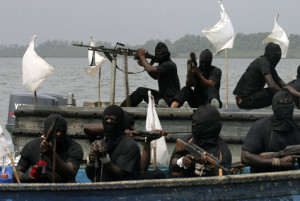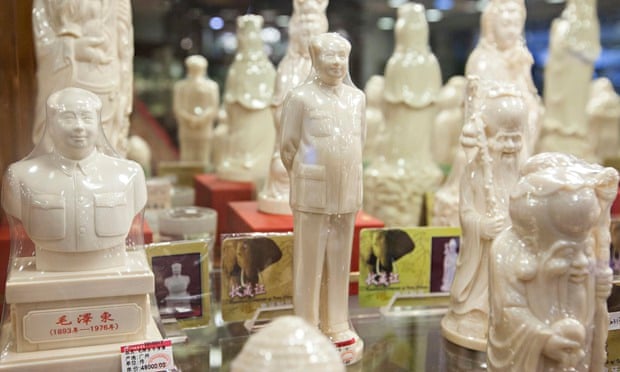By Kathryn Maureen Ryan
Impunity Watch, Managing Editor
ABUJA, Nigeria – Nigeria’s two oil unions are planning to start a three-day strike this week to protest what they say are the unfair labor practices of the oil sector. The Unions are also planning to put pressure on the Nigerian government to pass the Petroleum Industry Bill (PIB), a bill that experts believe is unlikely to pass before February’s elections. The strike is being organized by The Petroleum and Natural Gas Senior Staff Association of Nigeria (PENGASSAN) and the Nigerian Union of Petroleum and Natural Gas Workers (NUPENG), and has been described as a “warning strike” intended to remind the Nigerian government, as well as the oil sector as a whole, of the power held by the Nigerian oil worker.

The union alleges that the industry has failed to recognize and reach adequate collective bargaining agreements, failed to restate wrongly terminated employees and failed to promote qualified workers in the industry among other concerns. The union also alleged that oil workers have faced unfair victimization by their employees. The Union also alleges high levels of corruption within the Nigerian government, essentially in regard to the issues of oil theft and vandalism which has had a devastating effect on Nigeria’s environment and places oil workers at risk. PENGASSAN alleges a high level collaboration between agencies, politicians and highly placed Nigerians in the buccaneering racket of oil and gas installations, adding that the ugly trend signifies a looming extinction of the oil and gas industry with attendant job losses.
The strike follows the end of a 14-day ultimatum issued by the National Executive Council (NEC) of PENGASSAN to the federal government and other concerned employers’ and agencies in the oil sector. The NEC said the ultimatum had expired without any meaningful resolution or commitment from either the government or the concerned employers’ and agencies at resolving the issues. A statement issued by the oil workers union said all organs of the union have been fully mobilized for the strike actions which they say will affect every value chain in the upstream, midstream and downstream oil and gas industry.
Nigeria is Africa’s largest producer of oil as well as the continent’s largest economy. Oil wealth from crude oil production accounts for 70% of the government’s revenue and 95% of the foreign exchange income. The majority of the country’s oil is extracted by major foreign corporation with more than 80% being pumped by Royal Dutch Shell Plc, Exxon Mobil Corp., Chevron Corp., Total SA and Eni SpA in joint ventures with state-owned NNPC.
Speaking from Lagos, Nigeria’s industrial capital, Babatunde Oke, a spokesman of the Petroleum and Natural Gas Senior Staff Association of Nigeria, said by phone from Lagos, said the exact timing of the strike will be announced once all plans are finalized. “Oil workers have concluded plans to shut down all oil and gas installations in the country due to the anti-labor activities of some employers,” Oke said in an earlier statement.
For more information please see:
All Africa – Nigeria: PENGASSAN to Embark on a Three-Day Warning Strike Over Non-Passage of PIB – 8 December 2014
Bloomberg – Nigeria Oil Unions Plan Three-Day Strike Over Labor Practices – 8 December 2014
Reuters – UPDATE 1-Nigeria oil bill unlikely to pass before Feb election – finance min – 18 November 2014
BBC News – Nigeria Profile –5 November 2014


